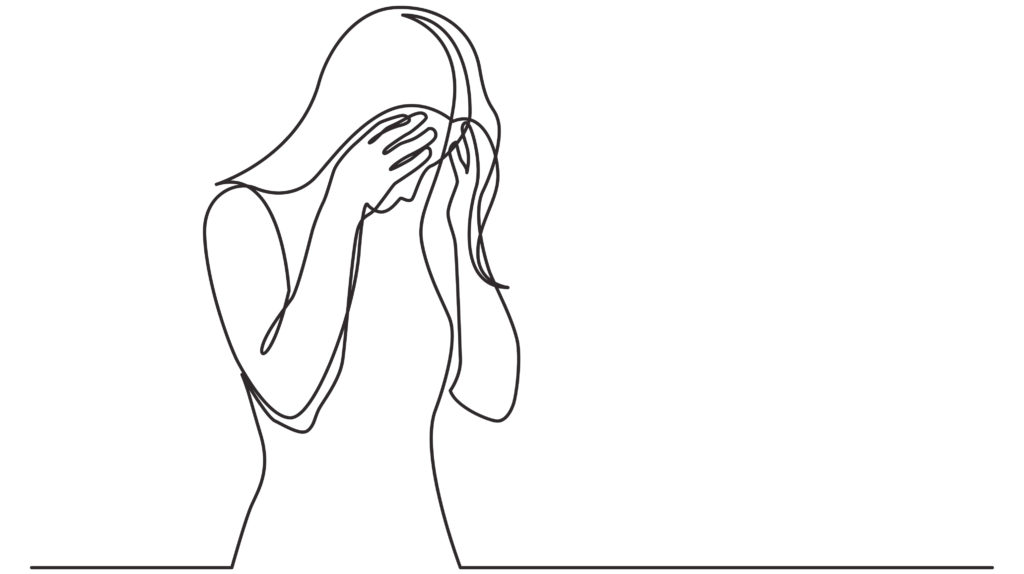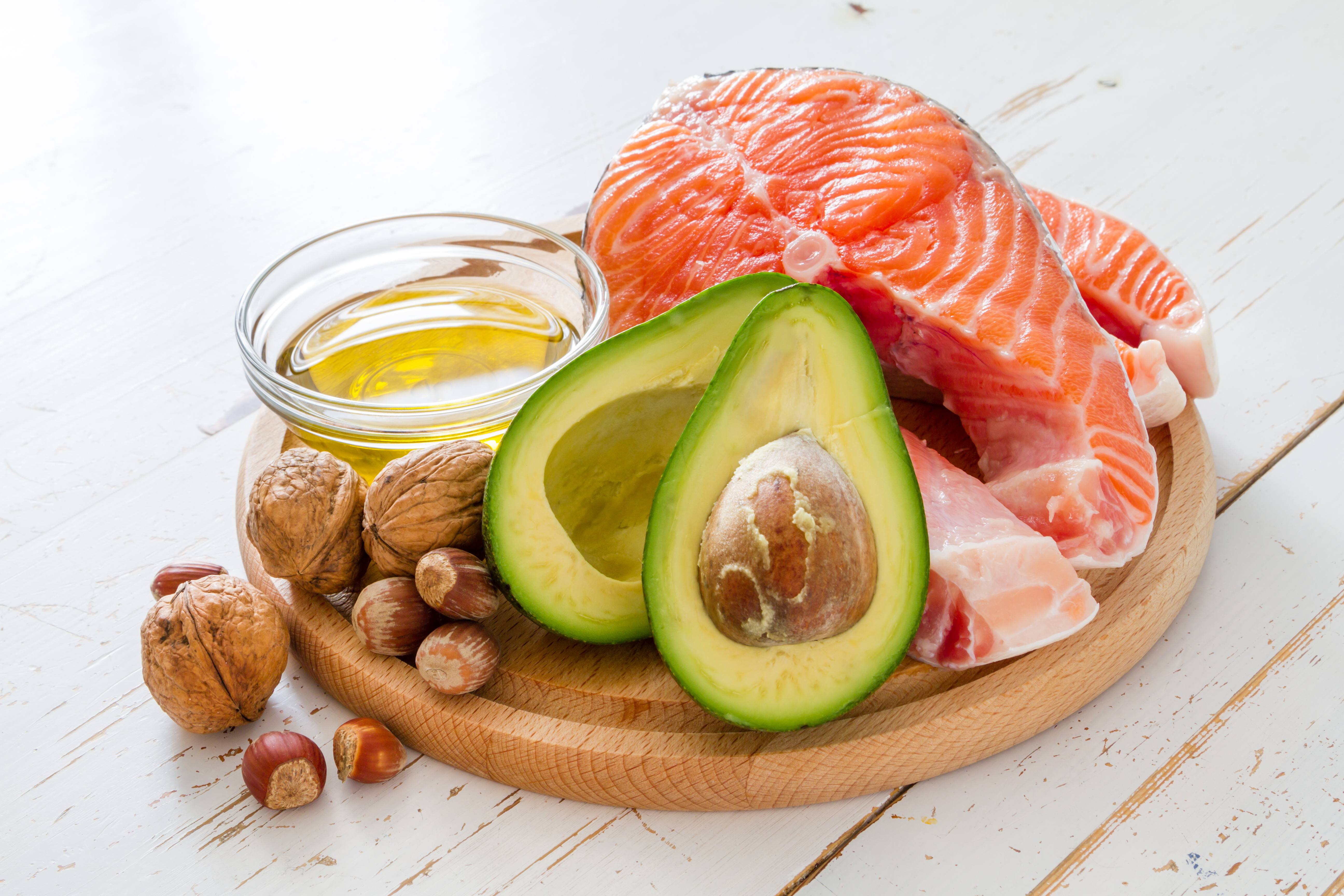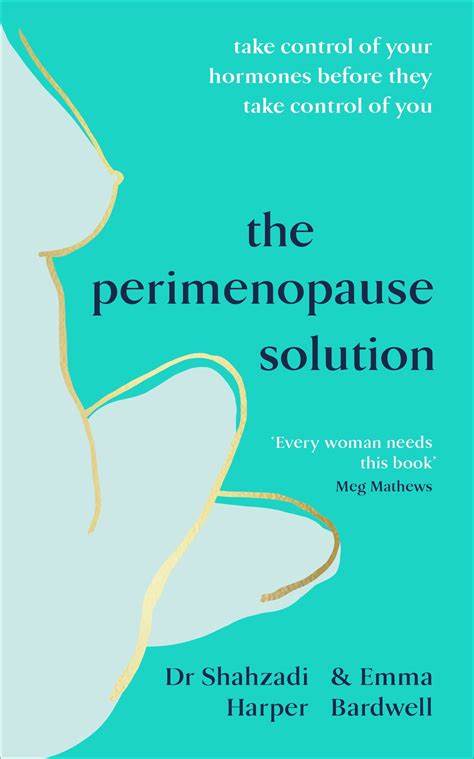This year’s World Menopause Day theme ‘Mood and Cognition’ aims to highlight the psychological and cognitive symptoms of perimenopause and menopause, for example low mood, mood swings, brain fog and forgetfulness. We asked nutritionist and menopause expert Emma Bardwell for her advice on dealing with this part of the menopause journey, so read on to find out more.
Menopause, mood swings and mental resilience.
Most people associate the menopause with physical symptoms like hot flushes and night sweats, but it’s the psychological symptoms that often blindside women.
Low mood, depression, irritability and rage are commonly reported by my clients, as are feelings of low self-esteem, reduced motivation, anxiety, panic attacks, unexplained fear, tearfulness and difficulty coping. Very often women say they feel joyless, flat and just not like themselves anymore. These feelings can be hard to put into words, which is why so many women suffer in silence.

Oestrogen plays a key role in lifting our mood as it influences serotonin and dopamine. Progesterone is important too due to the stimulating effects it has on GABA receptors, which help calm anxiety and encourage feelings of contentment. Women with a history of PMS, PMDD or postnatal depression seem to be more likely to experience mood change symptoms during perimenopause and menopause. Although we’re not entirely sure why, it would seem logical that these women are more sensitive to hormone fluctuations.
Diet is key
There’s no such thing as a menopause and mood diet, but a Mediterranean style way of eating is a good guide. It centres on minimally processed plant-based foods, lean protein, whole grains, some dairy and healthy fats like olive oil. Interestingly it was the Mediterranean way of eating that was used in the famous SMILES trial which saw 33% of depressed participants go into remission after 12 weeks. A reminder to never under-estimate the power of food!




Lean protein like chicken, fish and tofu is important for regulating blood glucose levels and, therefore, mood, along with complex carbohydrates like oats and brown rice and healthy fats such as avocados, nuts and seeds. If you’re not eating a couple of portions of oily fish – think salmon, mackerel, sardines – a week then you may want to think about supplementing with an omega 3 fish or algae oil (check out the brand, Bare Biology).
For optimal mood management it’s wise to minimise alcohol as it can lead to fluctuations in oestrogen levels and can even impact the effectiveness of HRT. If you’re really struggling with irritability, anxiety and depression I’d advise removing alcohol from your diet altogether. There are lots of non-alcohol alternatives these days which taste great. Caffeine can also cause you to feel more anxious and wired and can trigger palpitations. Try keeping a caffeine diary to see if you’re sensitive to it and always try to keep caffeine to mornings only so it doesn’t impact sleep.
Gut Health
Looking after your gut health is key to managing hormonal and mental health. The gut microbiota – the community of bacteria that reside in your gastrointestinal tract – have been linked with circulating oestrogen levels and we now think can significantly influence emotional health. Ninety percent of our serotonin is made in the gut lining and while this doesn’t have a direct impact on serotonin levels in the brain (it can’t cross the blood brain barrier) it does seem to have an influence on gut-brain communication.
What we do know is that short chain fatty acids (SCFAs) like butyrate and propionate which are produced by the bacteria in our gut can have a direct impact on the production of neurotransmitters like GABA and dopamine, which in turn are linked with good mental health. The single best way to look after your gut bugs is to feed them fibre, they thrive on it. Think about including all plant foods – not just fruit and vegetables – including whole grains, nuts, seeds, herbs and spices.
Diversity is key, although if you can be sure to incorporate dark berries and green leafy veg, please do as they’re real powerhouses when it comes to brain health. There’s also an argument for including some fermented foods like sauerkraut, live yoghurt, kefir and miso as they contain live probiotics which can help populate gut microflora.
Look at your lifestyle
Sleep hygiene is crucial to getting a good night’s sleep, but it can look different for each of us. The biggest mistake I hear is women scrolling on their phone in bed and not giving themselves enough time to actually wind down after a stressful day. Exercise and movement have been shown to be hugely beneficial for mental health and the good news is they don’t have to be overly taxing, even a quick walk can be beneficial. Other factors to add to your toolkit include: getting outside in nature, yoga, aromatherapy, massage, CBT, spending time with people who make you laugh, breath work, mindfulness, guided meditation, journalling, cold water swimming, acupuncture and reflexology. Ultimately you need to find what works for you and then make sure you do it consistently.



Think about HRT
Hormone replacement therapy (HRT) can be extremely effective for psychological symptoms and is first-line treatment for low mood in menopause. Many women report feeling calmer and on a more even keel when they take it. If you can’t or don’t want to use HRT there are other medications you can discuss with your GP, including SSRIs (anti-depressants), which can be taken on their own or even alongside HRT.
Talk it out
It’s important to be able to talk to friends or family at this time. There are also plenty of online forums and groups that many women find helpful. Talking therapy, CBT or counselling can be a brilliant adjunct to all of the above (or in its own right). Some women find a life coach useful, especially if they feel they’re lacking purpose or suffering low self-esteem and loss of identity.
And finally
Women notoriously have a lot on their plates. Say no to things you don’t want to do. Don’t over-commit yourself and set boundaries to make sure other people don’t encroach on your time. Be bold! Speaking of time, it’s super important to make sure you set some aside for yourself. Self-care isn’t selfish, it’s crucial for your wellbeing and so few of us are actually prioritising our own wellbeing. Menopause is a time when you really need to take stock of your health and start putting your needs first.
Emma Bardwell is a registered nutritionist, health writer and co-author of The Perimenopause Solution. For more information visit www.emmabardwell.com



You can buy Emma’s book, co-written with Dr Shahzadi Harper, on Amazon and most other major retailers. Click here to get your copy now.




